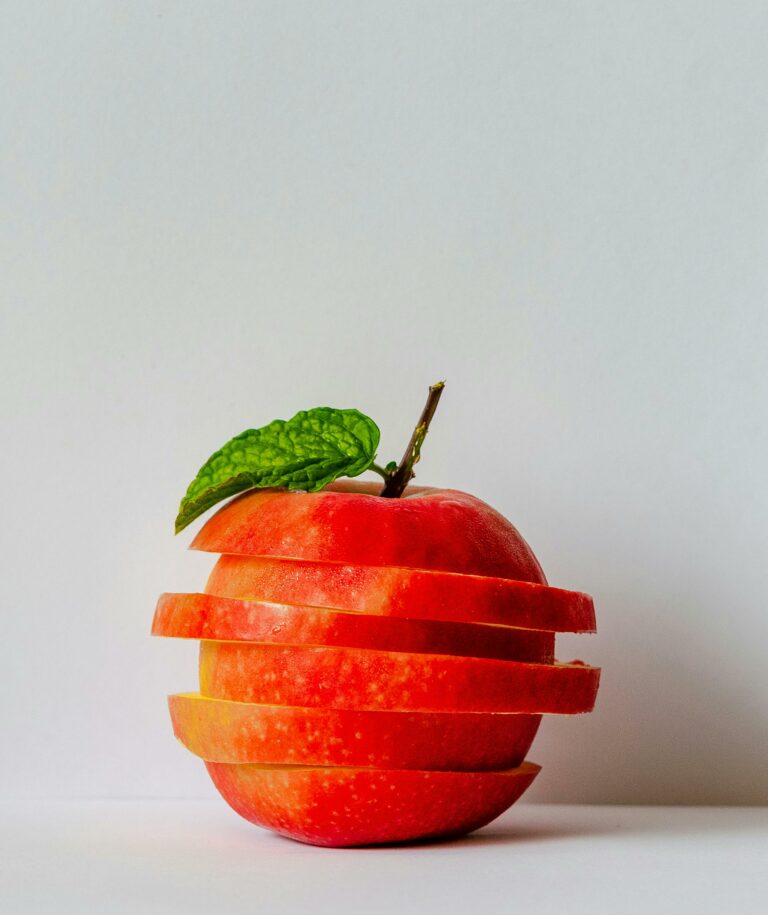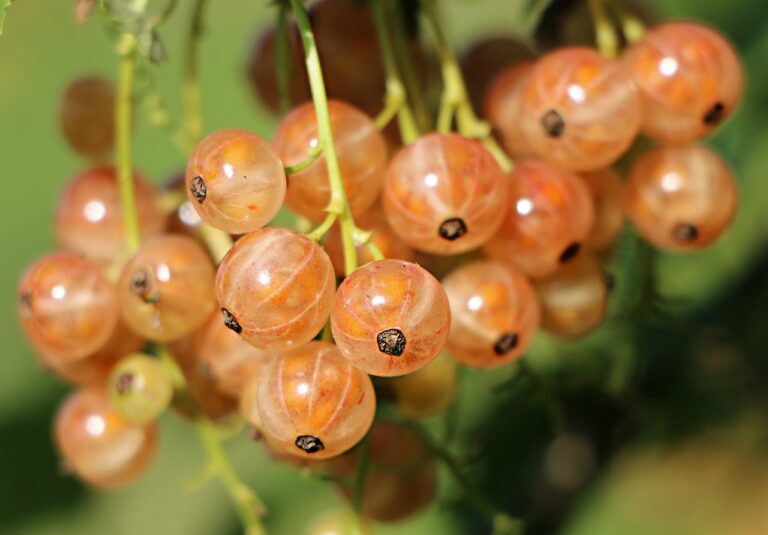Trends in Aquaculture Certification Standards
world777, 11xplay pro, betbook247 app login:Aquaculture has become an increasingly important source of seafood around the world, providing a sustainable and efficient way to meet the growing demand for fish and other aquatic products. However, concerns about the environmental and social impacts of aquaculture have led to the development of certification standards to ensure that aquaculture operations are carried out in a responsible and sustainable manner.
In recent years, there has been a growing trend towards the development and adoption of more rigorous and comprehensive aquaculture certification standards. These standards are designed to address a wide range of issues, including environmental sustainability, food safety, and social responsibility.
One of the most significant trends in aquaculture certification standards is the move towards more integrated and holistic approaches. Traditionally, certification standards have focused primarily on environmental sustainability, such as water quality and habitat protection. However, new standards are increasingly taking a more integrated approach, addressing a wider range of issues, including social responsibility, animal welfare, and food safety.
Another important trend in aquaculture certification standards is the increasing focus on transparency and traceability. Consumers are becoming more conscious of where their food comes from and how it is produced, and certification standards are evolving to meet these demands. Many certification programs now require detailed documentation and tracking of all aspects of the aquaculture operation, from the source of the feed to the methods used to control diseases and parasites.
In addition to these broader trends, there are also specific developments in aquaculture certification standards that are worth noting. For example, there has been a heightened focus on the welfare of aquatic animals, with new standards being developed to ensure that fish and other aquatic species are treated humanely and with respect. There has also been a growing emphasis on the use of sustainable feed ingredients, with certification programs requiring that aquaculture operations use feed that is sourced from responsibly managed fisheries or from alternative sources such as insects or algae.
Overall, the trend towards more rigorous and comprehensive aquaculture certification standards is a positive development for the industry. These standards help to ensure that aquaculture operations are conducted in a responsible and sustainable manner, which not only benefits the environment and local communities but also provides consumers with assurance that the seafood they are purchasing is produced in an ethical and environmentally friendly way.
In conclusion, the trends in aquaculture certification standards are moving towards more integrated and holistic approaches that address a wide range of issues, including environmental sustainability, social responsibility, and animal welfare. By adopting these rigorous standards, aquaculture operations can help to ensure a sustainable future for the industry and meet the growing demand for seafood in a responsible and ethical manner.
—
**FAQs**
1. **What is aquaculture certification?**
Aquaculture certification is a process by which aquaculture operations are evaluated against a set of standards to determine if they meet certain criteria for sustainability, environmental responsibility, and social responsibility.
2. **Why are aquaculture certification standards important?**
Aquaculture certification standards are important because they help to ensure that aquaculture operations are conducted in a responsible and sustainable manner. By meeting these standards, aquaculture operations can demonstrate their commitment to environmental stewardship, social responsibility, and food safety.
3. **How can consumers benefit from aquaculture certification standards?**
Consumers can benefit from aquaculture certification standards by being able to make more informed choices about the seafood they purchase. Certification helps to provide assurance that the seafood has been produced in a way that is environmentally friendly, socially responsible, and safe for consumption.







